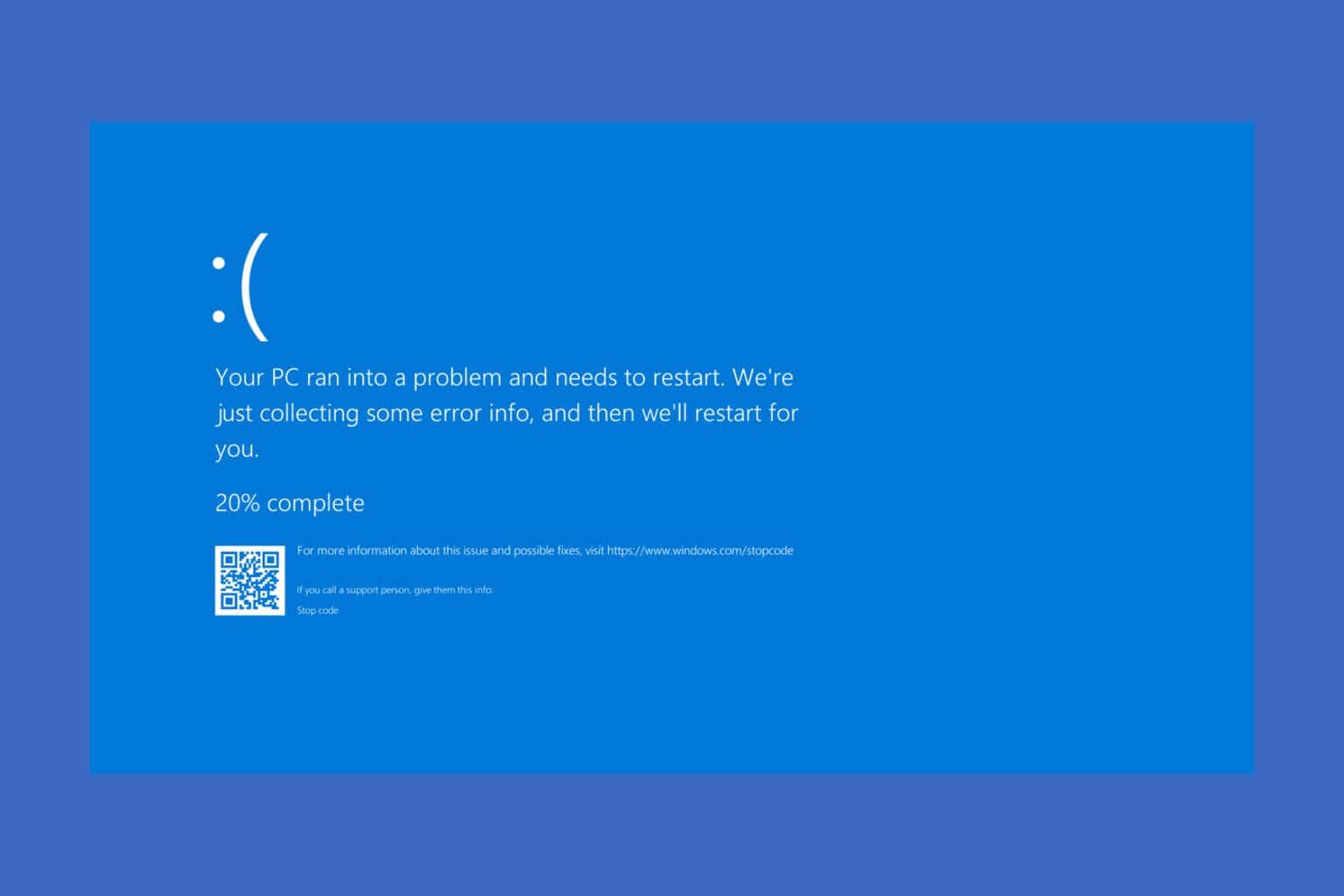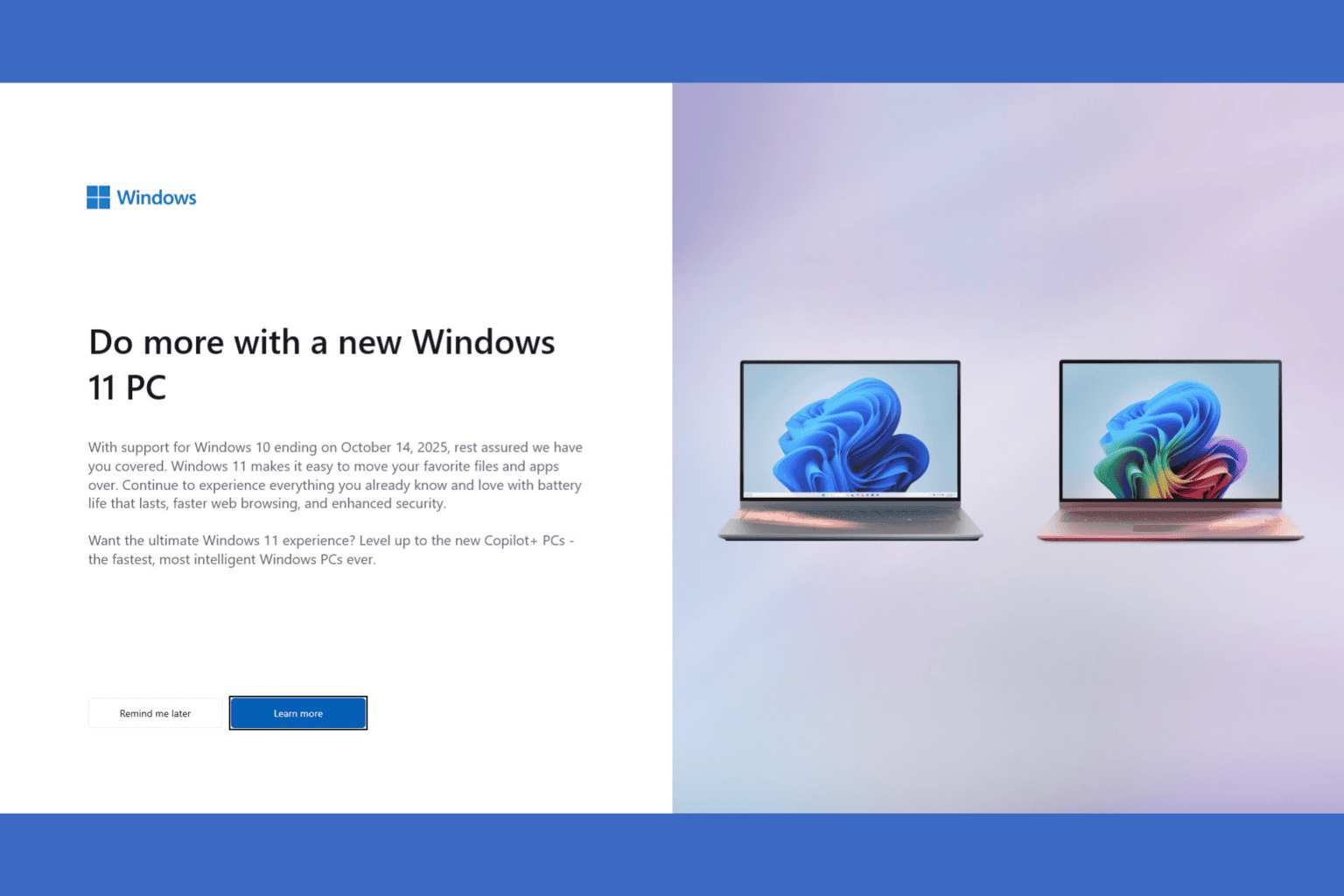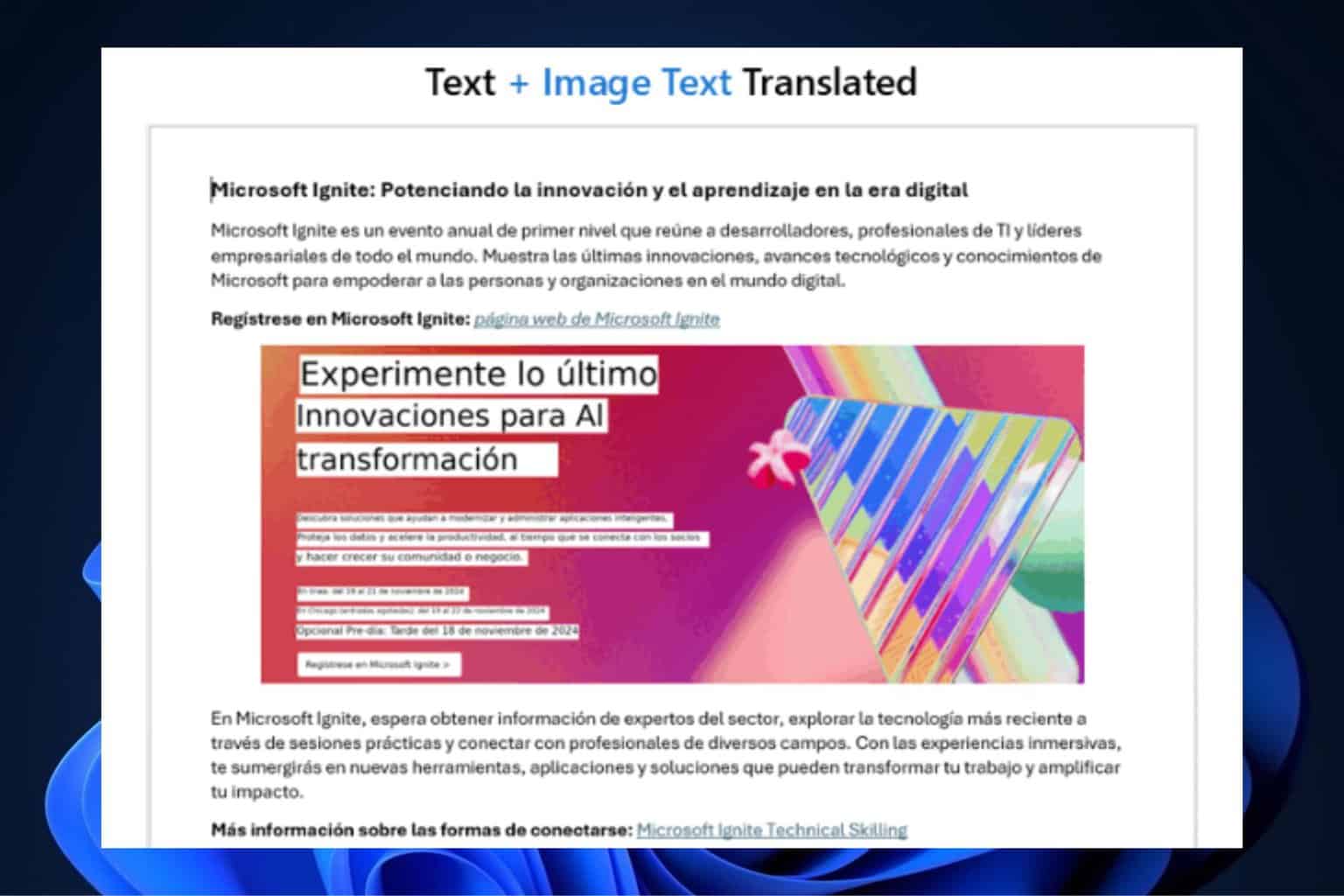Firefox will no longer push your CPU past the breaking point
2 min. read
Updated on
Read our disclosure page to find out how can you help Windows Report sustain the editorial team. Read more
Key notes
- Microsoft always focuses on fixing new problems, but what about the old ones?
- A Firefox browser bug that was affecting CPUs on Windows machines is no more.
- The Redmond company and Mozilla have teamed up and fixed the issue after 5 years.

After the massive print nightmare episode, you would think Microsoft has learned to better manage issues that its systems are still dealing with.
On that note, know that you won’t have to worry anymore about a bug affecting Mozilla products on Windows operating systems, after more than half a decade.
Speaking of Mozilla, the company promised its users more privacy through MAC and VPN. Also, if you are using Firefox and run into the Couldn’t Load XPCOM error, we can show you what to do.
Microsoft and Mozilla team up to fix this CPU problem
As we’ve said in the beginning, it would seem that a bug nearly half a decade old has finally been fixed by Microsoft and Mozilla.
This annoying issue was related to the Windows Defender and its Antimalware Service Executable (MsMpEng.exe) service which would lead to high CPU usage on Mozilla Firefox.
And, as a result, resource usage was noticeably higher compared to other browsers such as Google Chrome and Microsoft Edge.
As you can see from the screenshot below, taken at the time of initial reporting of the bug, you can see average CPU usage when reloading YouTube six times.

However, you no longer have to worry about such scenarios. The bug was recently resolved by the efforts of Microsoft and the Mozilla development team.
According to the Redmond tech giant, this will be deployed to all users as part of regular definition updates, which are packaged independently from OS updates.
This even includes systems such as Windows 7 and 8.1, even though these platforms should not have had the performance issue with Firefox.
Why? Well, it’s because developers said that the ETW events that cause it do not exist on these older versions of Windows. Clearly, Windows 10 and Windows 11 users were the most affected.
Later, it was announced that the recent Microsoft Defender March-2023 definition update (Platform: 4.18.2302.x | Engine: 1.1.20200.4) fixed the issue.
Also, apparently, it has also been found that there is further scope for improvements to the processor usage in Firefox when compared to Chrome.
It’s not excluded to see such performance improvements in upcoming browser updates and it won’t just be exclusive to Microsoft Defender alone.
have you had to deal with this annoying issue on your Mozilla Firefox browser? Share your thoughts with us in the comments section below.








User forum
0 messages